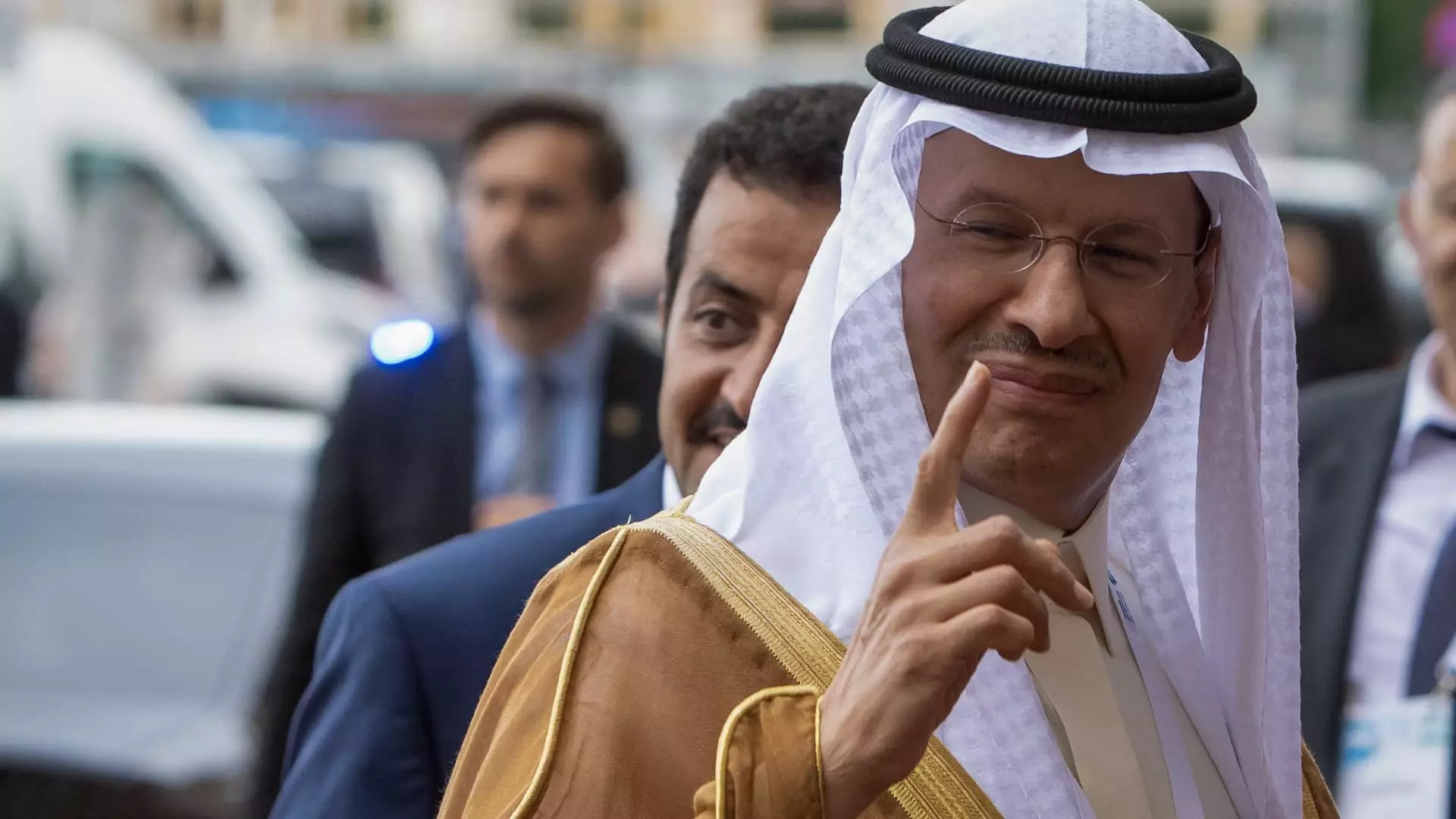In a joint effort to stabilize the oil market, Saudi Arabia and Russia, in collaboration with other major OPEC+ members, have decided to extend their voluntary crude supply cuts until the end of the second quarter. This move comes as a response to the ongoing challenges faced by the oil industry, including geopolitical tensions, fluctuating demand, and environmental concerns.
Saudi Arabia, the leading force within OPEC, will continue its voluntary reduction of 1 million barrels per day until June. This decision, as announced by the state-owned Saudi Press Agency, aims to support oil prices and promote market stability. At the same time, Russia, a key player in the global oil market, has committed to cutting its production and export supplies by 471,000 barrels per day during the same period.
Impact on Oil Prices and Market Dynamics
The announcement of extended crude supply cuts by OPEC+ members has implications for global oil prices and market dynamics. Despite the previous efforts to limit production, the oil price has remained stagnant within a narrow range of $75 to $85 per barrel. This price stability is attributed to various factors, including supply cuts, geopolitical conflicts, and demand fluctuations.
The decision to prolong the production cuts reflects the commitment of major oil-producing countries to balance supply and demand in the market. By reducing output, OPEC+ aims to prevent oversupply and maintain price levels that are sustainable for both producers and consumers. However, challenges such as maritime attacks, geopolitical tensions, and seasonal demand patterns continue to impact the oil market’s stability.
Future Policy Considerations and Production Baselines
Looking ahead, OPEC+ members are scheduled to review their production policies in June. During these negotiations, production capacity baselines will play a crucial role in determining each country’s output limits. A higher baseline allows for increased production levels, enabling producers to capitalize on favorable price environments and maximize revenues.
The decision by Saudi Arabia to halt its planned production capacity expansion further highlights the shift towards environmentally sustainable practices within the oil industry. By aligning with the green transition, OPEC members recognize the importance of balancing economic growth with environmental protection. This decision underscores the need for a holistic approach to energy production that considers both profitability and sustainability.
The extended crude supply cuts by key OPEC+ producers reflect a concerted effort to stabilize the oil market amidst ongoing challenges. By aligning with existing policies and adapting to changing market dynamics, these countries demonstrate their commitment to promoting stability and sustainability in the global oil industry. As the world transitions towards a more sustainable energy future, collaboration and strategic decision-making will be essential for ensuring a stable and prosperous oil market.


Leave a Reply